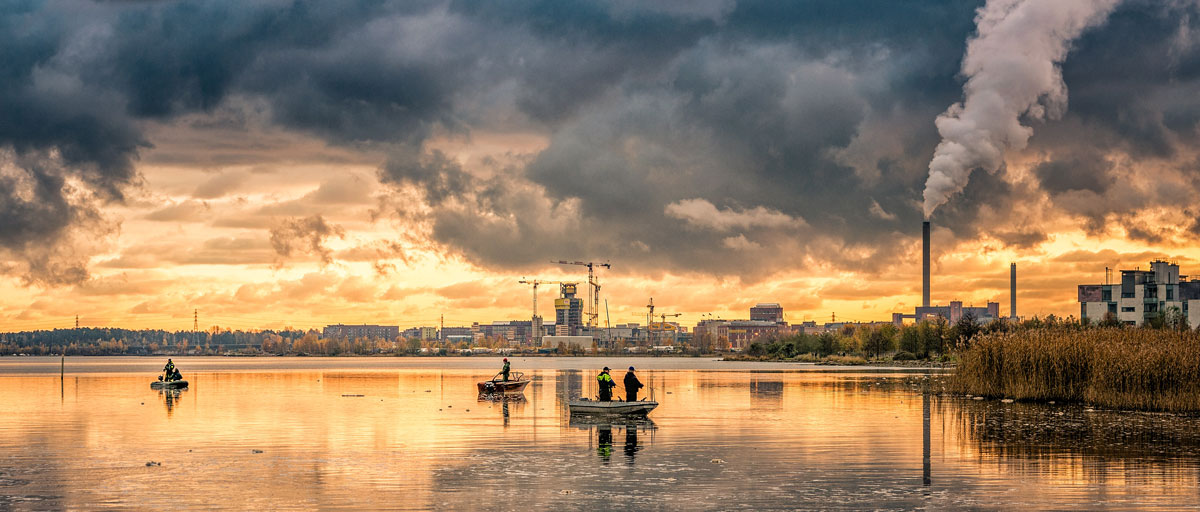Caring for the future can turn tragedy into comedy for long-term collective action under risk of collapse
Summary
We will need collective action to avoid catastrophic climate change, and this will require valuing the long term as well as the short term. Shortsightedness and uncertainty have hindered progress in resolving this collective action problem and have been recognized as important barriers to cooperation among humans.
Here, we propose a coupled social–ecological dilemma to investigate the interdependence of three well-identified components of this cooperation problem: 1) timescales of collapse and recovery in relation to time preferences regarding future outcomes, 2) the magnitude of the impact of collapse, and 3) the number of actors in the collective.
We find that, under a sufficiently severe and time-distant collapse, how much the actors care for the future can transform the game from a tragedy of the commons into one of coordination, and even into a comedy of the commons in which cooperation dominates. Conversely, we also find conditions under which even strong concern for the future still does not transform the problem from tragedy to comedy. For a large number of participating actors, we find that the critical collapse impact, at which these game regime changes happen, converges to a fixed value of collapse impact per actor that is independent of the enhancement factor of the public good, which is usually regarded as the driver of the dilemma.
Our results not only call for experimental testing but also help explain why polarization in beliefs about human-caused climate change can threaten global cooperation agreements.







